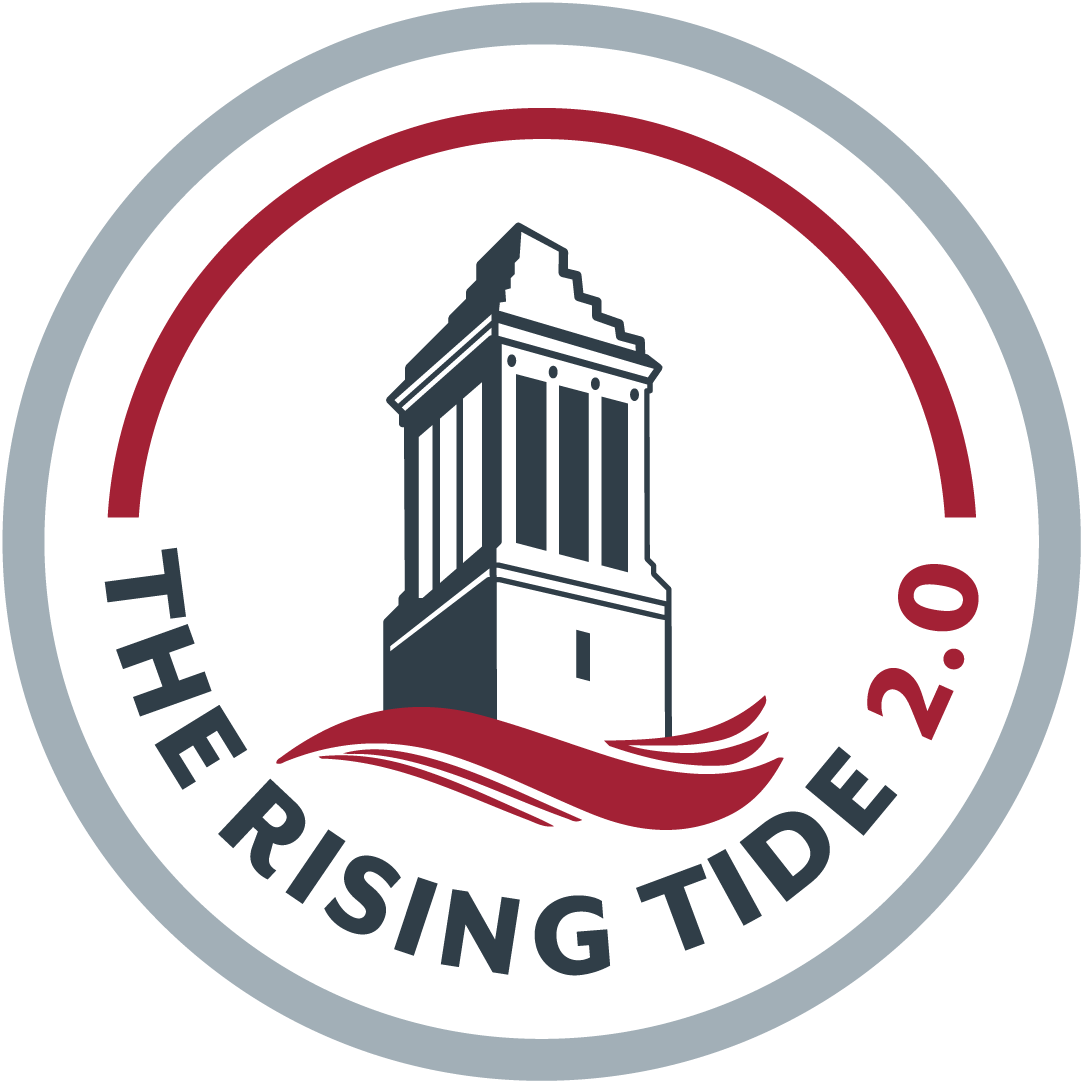In addition to preparing today’s students to shape the young minds of school-aged children, The University of Alabama’s College of Education is actively engaged in community outreach aimed at improving statewide after school networks; launching a leading-edge learning initiative that will provide education for Gadsden-area children and research opportunities for local educations; and engaging in evidence-based early intervention programs.
Alabama Afterschool Community Network
More than 100,000 students are enrolled in afterschool programs across Alabama. Afterschool programs are critical to parents, caregivers and school districts as they support students’ learning and provide safe, consistent care for working families.
The Alabama Afterschool Community Network (ALACN) propels the quality and efficacy of afterschool programs within our state. ALACN operates from UA’s Office of Expanded Learning and Community Supports under the direction of Felicia Simpson, who has worked with K-12 educators and afterschool programming for 23 years.
“Early in my career I taught kindergarten. During my tenure, I discovered how important afterschool programming was for my students. I didn’t have to worry about my students being “latch key kids” or if they would have a decent meal for dinner. I knew the afterschool program in my school would meet their needs outside of my classroom. Afterschool became my passion! Now, I consider my role a unique opportunity to advocate for students and families across Alabama. Learning doesn’t end at 3 p.m., so afterschool programs have an opportunity to ignite ideas from the school day and inspire students to become whatever they desire. I am honored to serve the students, families and communities in Alabama.”
– Felicia Simpson, director of the Office of Expanded Learning and Community Supports.
Among Alabama parents, 83% report that kids have STEM opportunities in their afterschool programs and two-thirds say afterschool programs help their kids develop teamwork, leadership and critical thinking skills. These opportunities are so important to prepare our youth for college and careers.
Established with the support of the Charles Stewart Mott Foundation, the Alabama ALACN is one of 50 national afterschool networks dedicated to informing policy, developing partnerships and shaping practices to sustain and increase the quality of afterschool programs nationwide. ALACN fuses resources, expertise and best practices in afterschool to improve funding, access and quality of programs across the field.
Additionally, ALACN coordinates professional development, resources and trainings across the state. They help youth workers and programs be their very best, so youth get the most out of their afterschool experiences. ALACN brings together the broad field of afterschool to create a shared vision for their most urgent needs and works together to set goals and advocate for solutions that will have the greatest impact in our communities.
UA Early Learning Initiative at Gadsden
The Early Learning Initiative at Gadsden provides area children and families with high-quality, inclusive learning experiences, acts as a professional development site for teacher education students and practicing teachers from around the state and serves as a site where UA faculty can conduct innovative research related to early childhood education and child development.
“The UA Early Learning Initiative at Gadsden will conduct two working classrooms for 4-year-olds that model best practices in the field and provide a proving ground for frontline research,” said Dean Peter Hlebowitsh.
The program is located within the UA Gadsden Center in a wing that was recently renovated by the College of Education. In addition to the state-of-the-art classrooms, a playground is currently being installed to prepare for the opening in the fall.
The Initiative will house two pre-K classrooms funded in part through grants from the Alabama Department of Early Childhood Education. The initial classrooms can serve36 children from Etowah County and surrounding counties at no or minimal cost to families.
Although the program will begin with two pre-K classrooms, the goal is to expand to serve infants, toddlers and 3-year-olds; offer after-school programming; provide on-site and virtual professional development; and serve as a hub for early childhood and family engagement initiatives.
The UA Early Learning Initiative at Gadsden will be led by Dr. Cailin Kerch, clinical assistant professor of elementary and early childhood education; Dr. Alison Hooper, assistant professor of early childhood education; and Felicia Simpson, director of the Office of Expanded Learning and Community Supports.
Evidence-based International Early Intervention Office
The University of Alabama College of Education’s Evidence-based International Early Intervention Office promotes the Routines-Based Model of Early Intervention designed for children younger than six with disabilities and their families.
The Routines-Based Model focuses on building the strengths of the child’s natural caregivers, a departure from models in which professionals work directly with children in a clinic, office or classroom. The model is used in the United States and in such countries as Australia, Canada, New Zealand and Taiwan.
The Routines-Based Model “turns the traditional method upside down,” said Dr. Robin McWilliam, developer of the Model and director of the office. “Some of these highly specialized interventions take place once a week, and children under the age of six, especially those with disabilities, do not learn in a single hour,” McWilliam said. “So, our value and model is about building the capacity of the caregivers — parents, child-care providers or anyone who spends hours with the child and looks after him or her — throughout the days in their regular routines to help deliver the intervention.”
McWilliam said problem behavior in children has increased dramatically in the last 15 years, and he believes the EIEIO’s model, which focuses on engagement and social relationships among children, can help stem problem behavior and improve academic success.
“If a child has difficulties because of disabilities or because of his or her environment, the child isn’t as engaged,” he said. “When kids are engaged, by definition it’s appropriate behavior. When they are engaged for a long time, that means their attention spans are good and at more sophisticated levels. Engagement is a good predictor of future academic success.”
The EIEIO also works with a network of “UA affiliates” from colleges and schools across campus, such as the College of Human Environmental Sciences, department of psychology and the School of Social Work, to aid in research.

